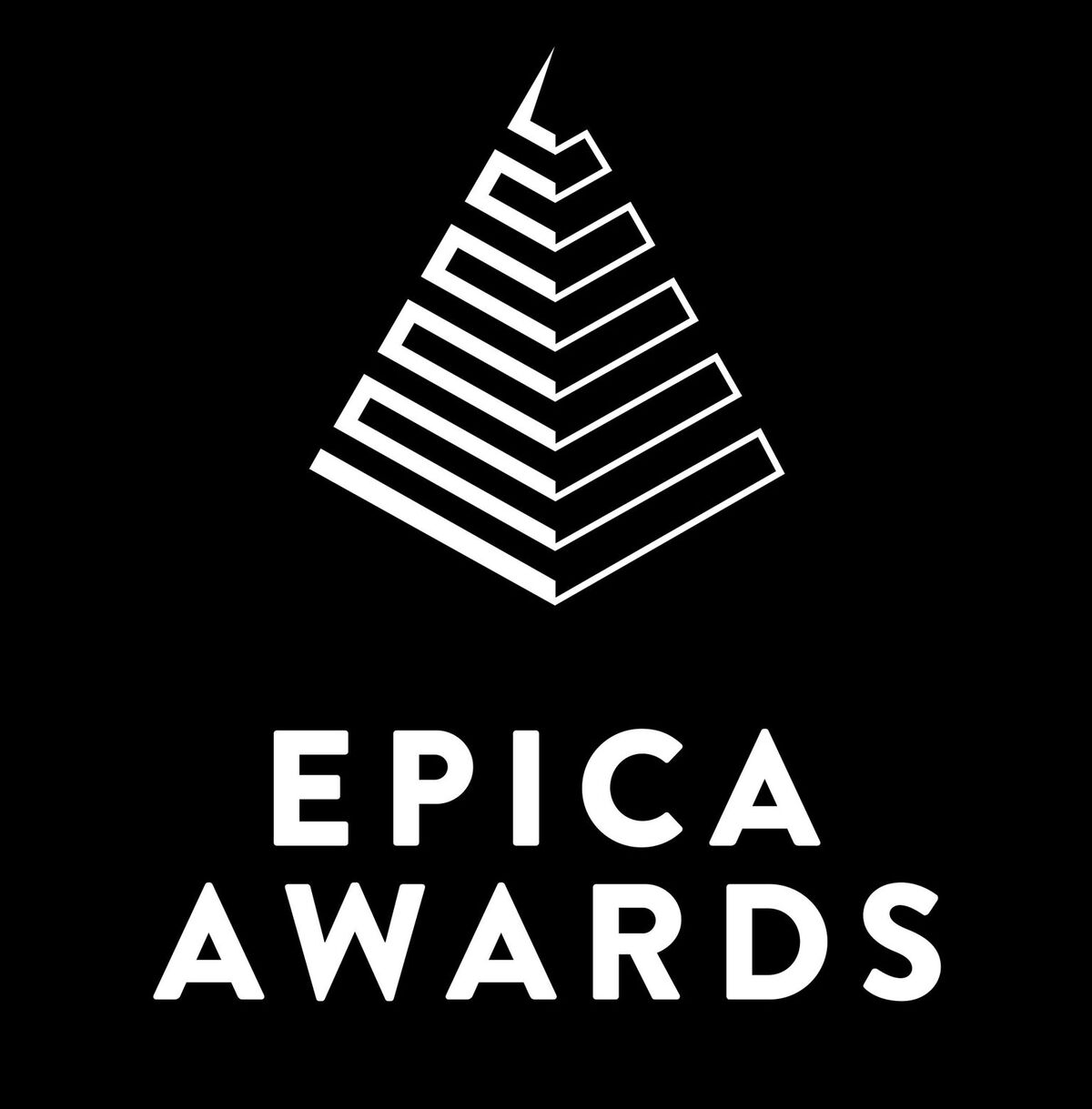Epica Awards announced the 2018 winners
Epica Awards announced the 2018 winners, which included Grand Prix winners from the United States, Italy, Ireland, Germany and Japan. The competition saw McCann Worldgroup designated Network of the Year, Forsman & Bodenfors was named Agency of the Year while Blur Films went home with the Production Company of the Year title.
There were awarded 6 Grand Prix:
- Responsibility: “Price On Our Lives”, March For Our Lives, McCann NY
- Alternative: “Go With the Fake”, Diesel, Publicis Italy
- Design: “LA Original”, Mayor’s Fund for Los Angeles, 72andSunny
- Digital: “JFK Unsilenced”,The Times News UK & Ireland, Rothco/Accenture Interactive
- Print: “Highlight the Remarkable”, Stabilo, DDB Group Germany (Berlin)
- Film: “The Party Bus”, Shiseido
Summing up the awards, jury President Tony Chambers, former editor-in-chief and creative director of Wallpaper, who recently launched his own consultancy TC&Friends, said:
I was astonished by the overall quality of the work, as well as the innovation and wit on offer. There were strong contenders in each category and it was always hard to choose one clear winner.
The new Responsibility Grand Prix for cause-related work went to “Price On Our Lives” from McCann Worldgroup in New York. The campaign allowed the students of America to protest against gun violence with a potent symbol: the price of their lives as calculated by the amount of money the NRA donates to politicians, divided by the total number of students. The price tag amounted to little more than a dollar.
Commenting on the win – and its Network of the Year prize – Rob Reilly, Global Creative Chairman, McCann Worldgroup, said:
Winning awards is never the motivation, but rather, the by-product of doing the right thing for our client’s business. A big shout out to all of the MWG employees for always going for it, never giving up and making our brand partners wildly successful.
The Alternative Grand Prix, also a new prize, went to Publicis Italy and Diesel for a campaign that struck back against counterfeit fashion. Diesel created its own rip-off brand, “DEISEL”, and sold it in a shabby New York pop-up store during fashion week, before revealing that, yes, the clothes really were authentic – only the label was wrong. Plus, this was a limited edition. Cue lines around the block and lots of buzz about Diesel.
The Digital Grand Prix was won by Rothco/Accenture Interactive for “JFK Unsilenced”, a project for The Times. It used digital technology to recreate the speech John F. Kennedy would have given at the Dallas Trade Mart had he not been killed by an assassin’s bullet on November 22 1963. The almost perfect voice of JFK, giving the speech he was never able to make, gives listeners chills.
Jill Byrne, Director of Marketing for Rothco, said:
It’s a huge endorsement for us that the journalists working for marketing and communications magazines around the world have recognized our work for The Times and awarded it the prestigious Grand Prix.
DDB Germany won the Print Grand Prix with “Highlight the Remarkable”. The campaign for Stabilo highlighter pens literally “highlighted” talented women who had been neglected by history and forced to stand in the shadow of their male counterparts. In a joint statement the agency commented: “The whole team is excited that this campaign has been recognised with an honor at Epica Awards! It truly adds a new facet to highlighting the remarkable.”
The Design Grand Prix went to 72andSunny, which created a new and dynamic identity for the multifacted city of L.A. on behalf of the Mayor’s Fund for Los Angeles. 72andSunny’s Executive Strategy Director and Partner Kelly Schoeffel said:
It was an honor to brand Los Angeles in the midst of a creative renaissance – from tech to entertainment to manufacturing. Our first-ever civic identity system celebrates the diverse community while supporting and funding local creativity.
The Film Grand Prix was won by Shiseido in-house for its quirky and poetic film “The Party Bus”, which combines animation, special effects and drama to tell a contemporary fairy tale. The 3D animation required close to 2000 stop motion shots.
Shiseido creative director Masato Kosukegawa said:
I would like to thank Shou Yanagisawa, the director, and all the artists who worked with us, for their precise and inspired craft. ‘The Party Bus’ was made to expand Shiseido’s reach to young people. We thought a lot about what we could do with makeup in this confused and divided world. In the end we arrived at the concept that makeup can be courageous, and that doing your makeup your own way brings self-confidence. This led us to touch on the topic of LGBT. In Japanese culture there is a strong conservative tendency, and stories of LGBT are not commonly told yet. I think this film was probably the first work by a major Japanese company to address LGBT in an advertisement.
This year Epica received 4020 entries from 69 countries, a 20% increase on the previous year despite difficult market conditions. This was driven by the return of the Publicis Groupe networks, plus an enthusiastic response from Germany and Latin America. Indeed, the highest number of entries came from Germany, followed by the United States and France. New countries this year included Iran and Morocco. In terms of networks, BBDO and McCann Worldgroup were particularly well represented. France was top in the country rankings with 53 awards including 12 golds.
Founded 31 years ago, Epica is the only worldwide creative award judged by journalists from the marketing, design and advertising press, as well as specialist reporters in fields ranging from production to VR and luxury branding.






